Carrie Danner joined the Great Plains Institute in 2023 and serves as the operations coordinator for the Carbon Management team. In her work, she supports all projects within the program to elevate operations, specifically in the grant making and event planning spaces. Carrie earned a bachelor’s degree from Knox College in environmental studies. Prior to joining GPI, she supported programs at the Conservation Corps of Minnesota & Iowa as their member experience administrator.
Category: Blog
-

Industrial Innovation Initiative Statement on the One Big Beautiful Bill Act (H.R.1)
The following statement can be attributed to David Soll, Industrial Decarbonization Manager of the Great Plains Institute, regarding the final passage of the One Big Beautiful Bill Act (H.R.1). The Industrial Innovation Initiative (I3) is a coalition of leaders from industry, labor, and nonprofit organizations focused on strengthening American industry and reducing industrial emissions. …
-

Clinker: How Changing One Ingredient Can Have a Big Impact
Clinker, produced by heating a limestone mixture to over 2,500 degrees, is the essential ingredient in cement, which is the primary ingredient in concrete, the world’s most human-made material. Traditional clinker production generates 90 percent of the emissions associated with cement. Below are a few examples of ways to address this challenge. Reducing or replacing…
-
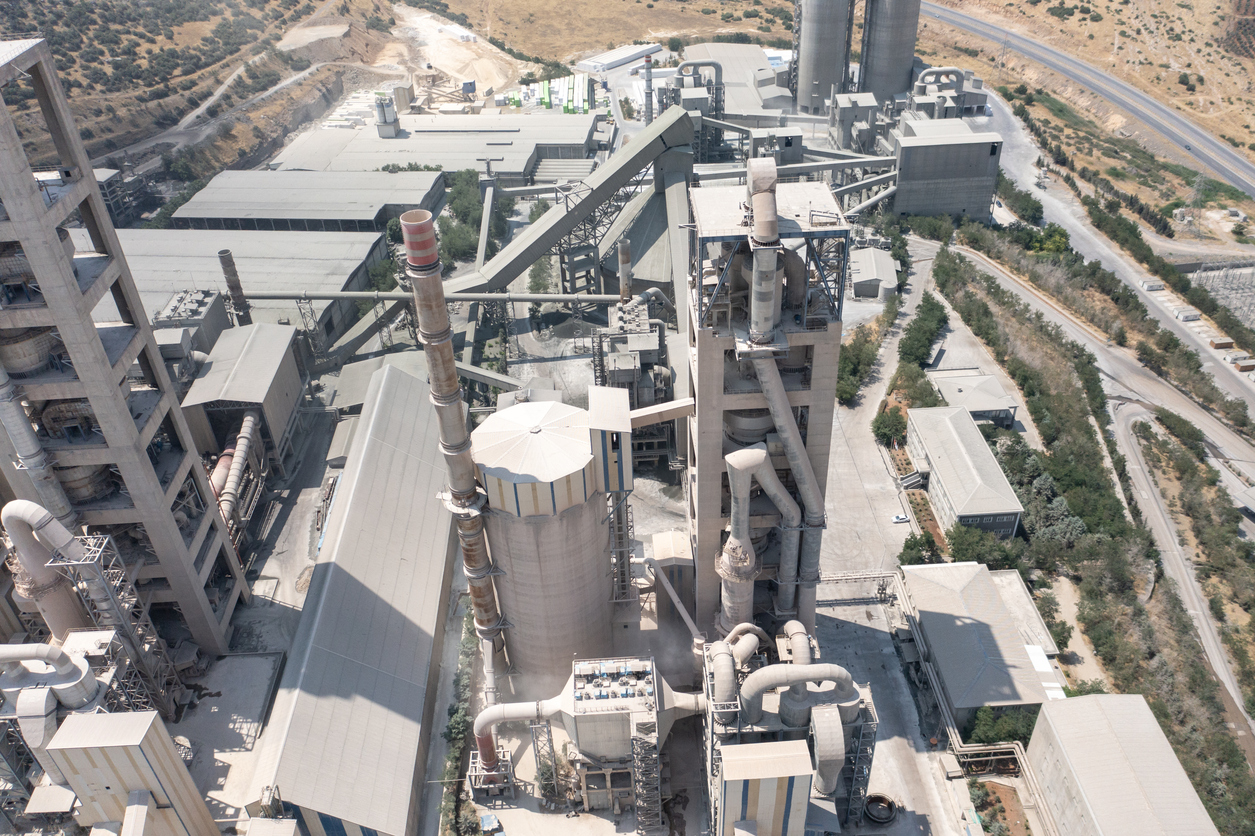
How States Can Transform Cement and Concrete Production
Cement and concrete are foundational to our modern world. They are also a significant source of carbon emissions. Cement, the key ingredient in concrete, makes up about seven to eight percent of global carbon dioxide emissions. If the cement industry were a country, it would be the third-largest source of emissions behind China and the…
-
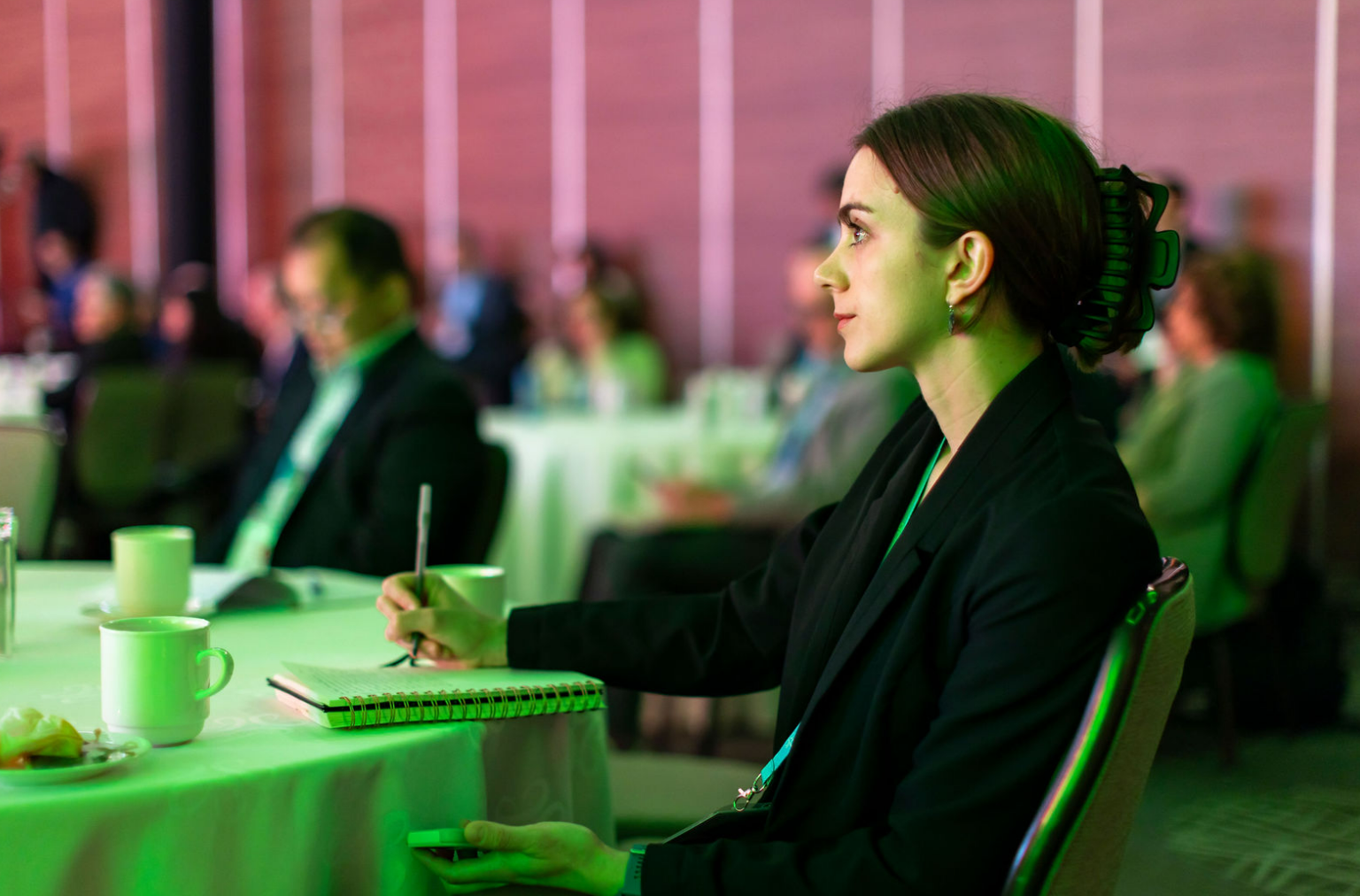
Event Recap: GCCA Circular Cities Policy Summit
Author: Alana Hadland, I3 Program Associate I recently attended the Global Cement and Concrete Association’s Circular Cities Policy Summit in Mexico City. The event brought together global leaders and stakeholders from the cement and concrete industry, academia, non-profits, and more to showcase circularity and policy partnership. Concrete is the most widely used human-made material on…
-
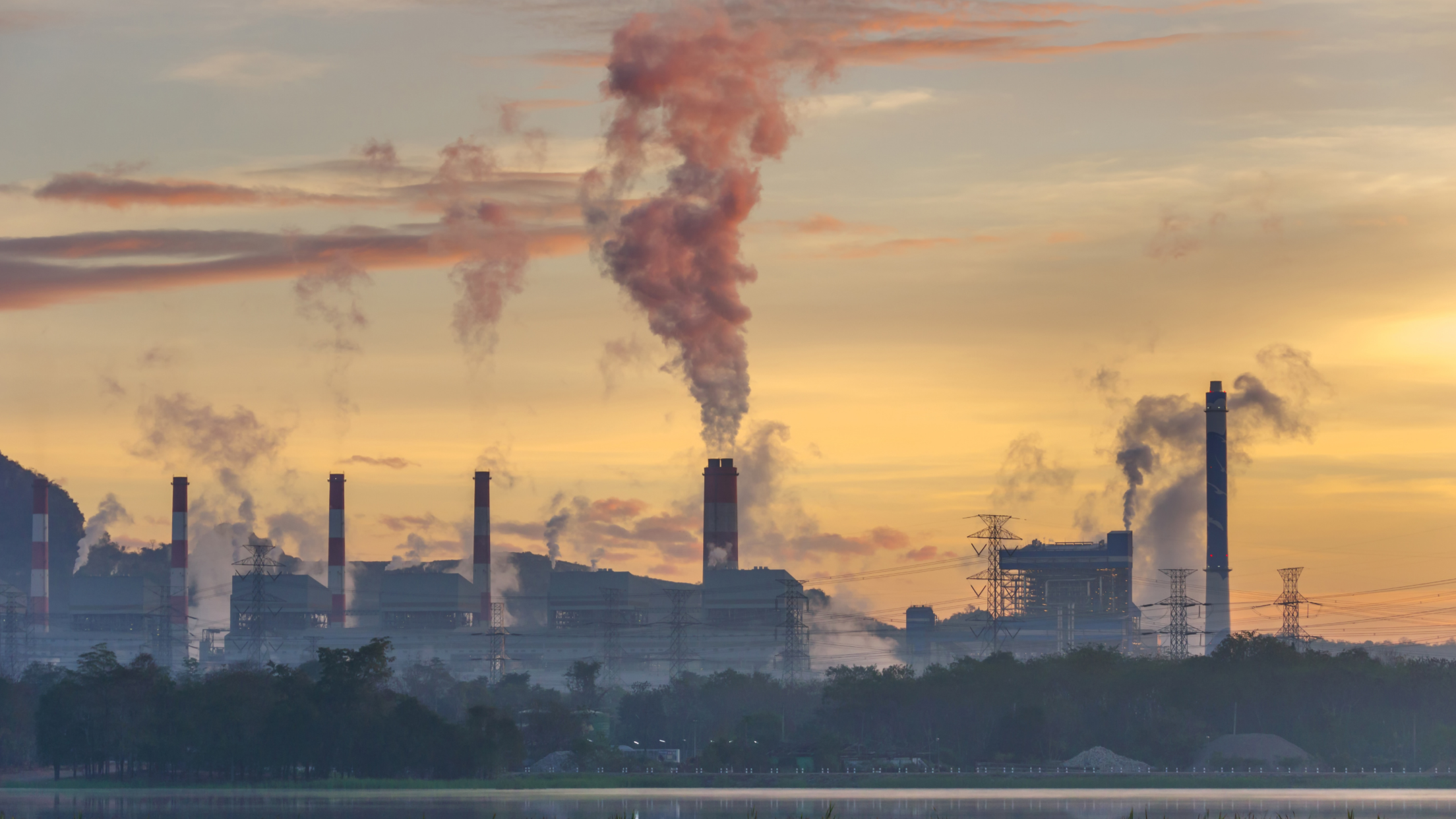
48C Qualifying Advanced Energy Project Tax Credit
A recap, update, and next steps for a $10 billion investment On January 10, 2025, the Internal Revenue Service announced six billion in allocations in the second round of the 48C Qualifying Advanced Energy Project Tax Credit, a 30 percent investment tax credit. The 48C program, originally established by the American Recovery and Reinvestment Act…
-
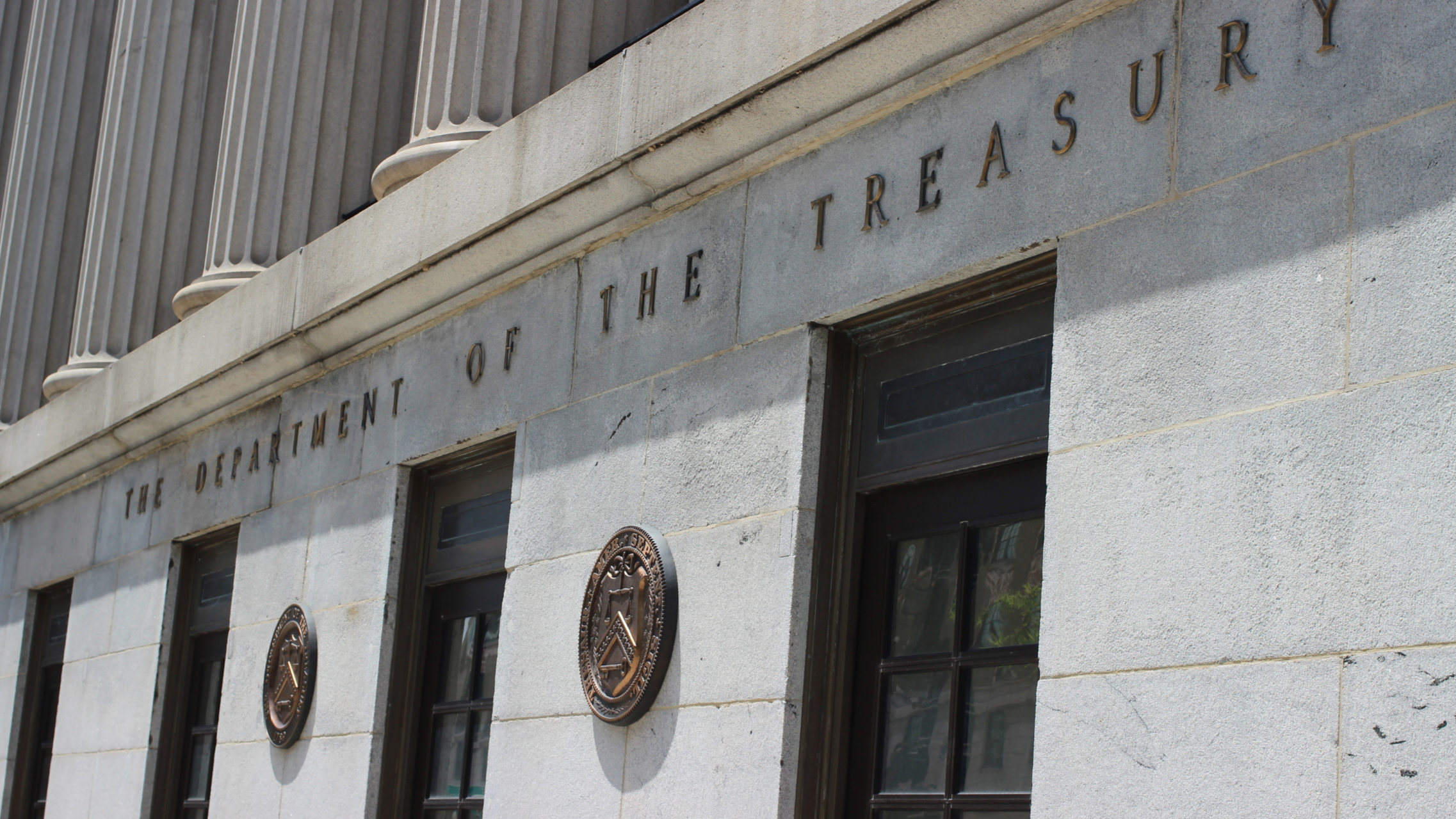
Treasury Department Releases Final 45V Clean Hydrogen Production Tax Credit Rules
On Friday, January 3, 2025, the Treasury Department released the final version of the rules for the 45V Clean Hydrogen Production Tax Credit. The final rules replace the proposed rules issued in 2023 and they were published in the Federal Register on January 10, 2025. I3 and Clean Hydrogen Hydrogen has the potential to be…
-
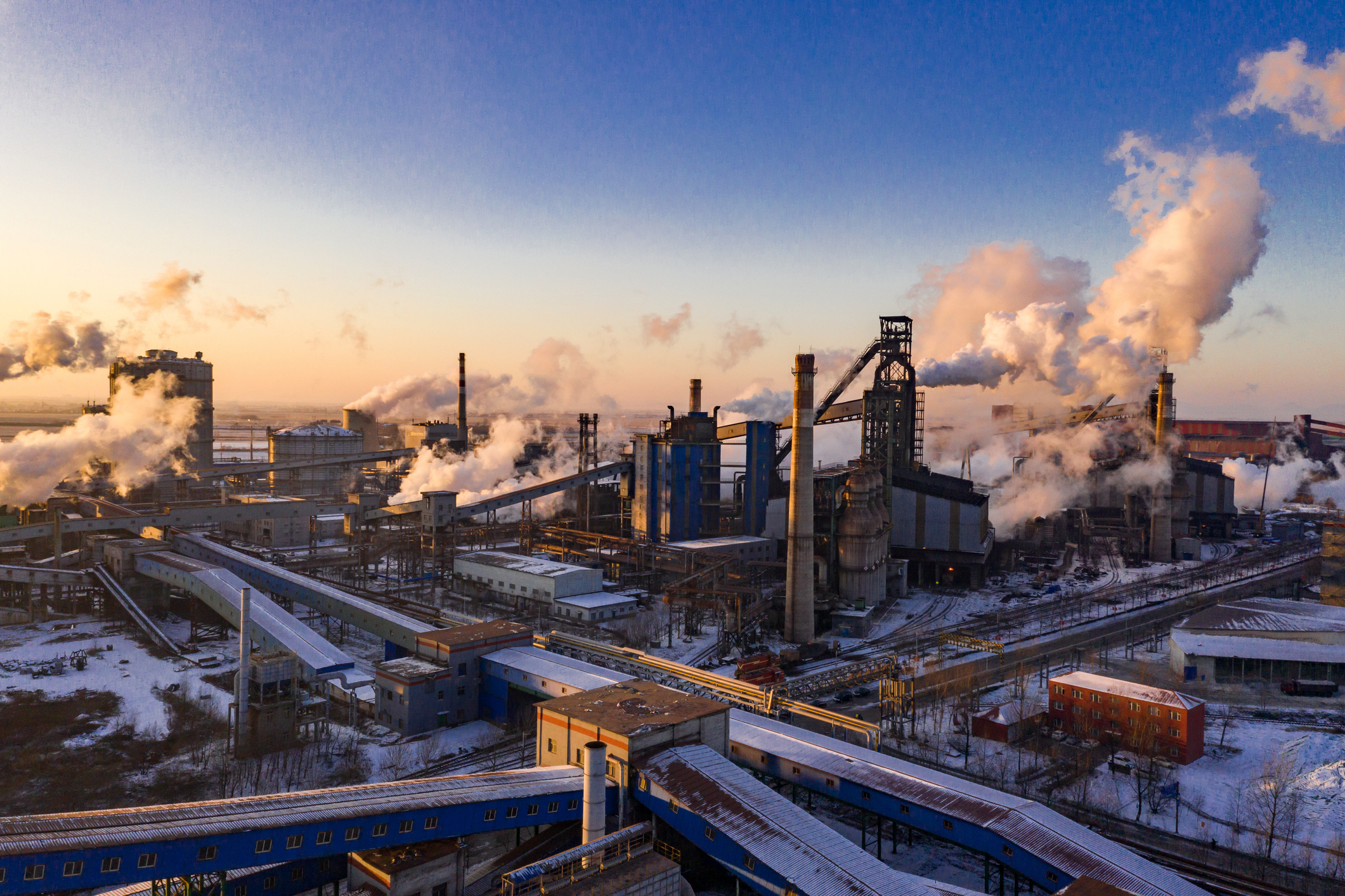
2024: Winds of Change
As 2024 draws to a close, we celebrate a year of significant milestones for industrial decarbonization and the Industrial Innovation Initiative’s (I3) role in shaping the implementation of existing supportive laws and crafting next-generation policies. Encouraged by billions of dollars in tax credits and federal funding, the government at all levels took critical steps to…
-
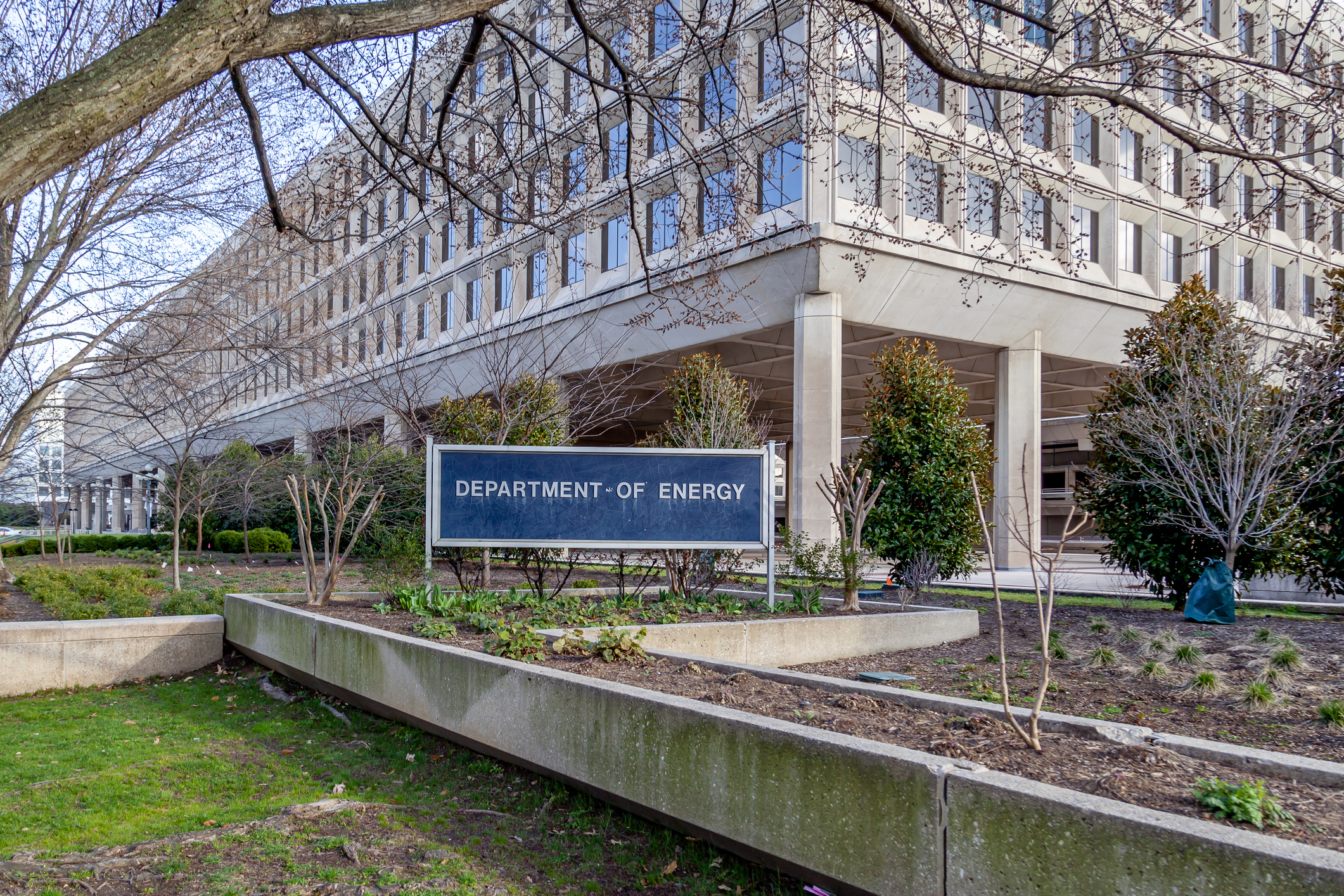
New Report: The National Blueprint for a Clean & Competitive Industrial Sector
Disclaimer: The use of this material does not imply endorsement by The Department of Energy or the United States Government. This week, the Department of Energy (DOE) and the White House Office of Science Technology Policy (OSTP) released The National Blueprint for a Clean & Competitive Industrial Sector. The announcement came during COP29, the annual…
-
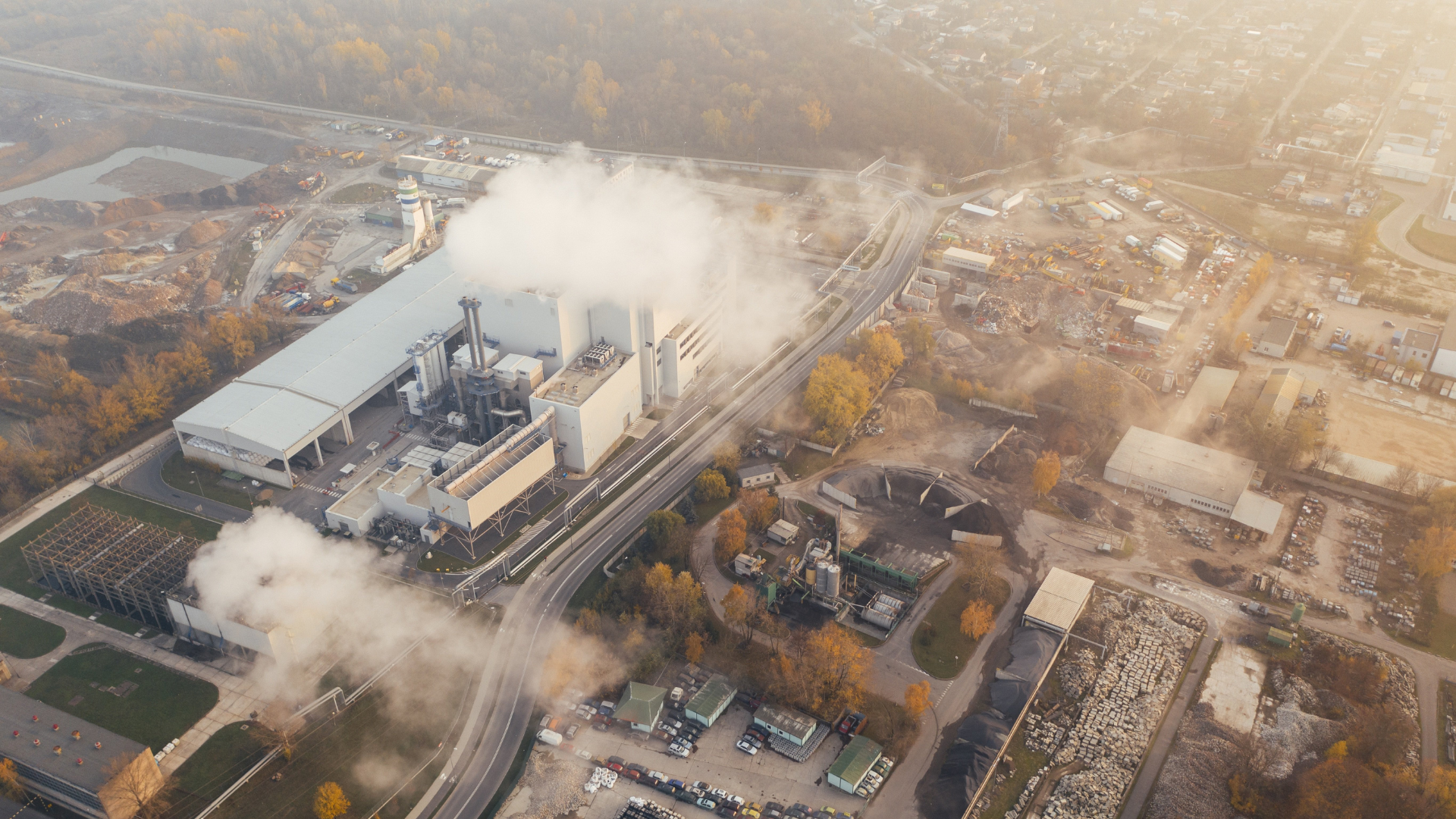
EPA Awards $636 Million in Grants for Industrial Projects
On July 22, the Environmental Protection Agency (EPA) announced $4.3 billion in Climate Pollution Reduction Grants (CPRG) to states, tribes, municipalities, and coalitions of these entities. Authorized under the Inflation Reduction Act, the CPRG program supports the development and implementation of ambitious state and local plans to reduce greenhouse gas emissions and other harmful air…
-

OCED Awards $6 Billion in Grants for Industrialization Decarbonization
On March 25, the Office of Clean Energy Demonstrations (OCED) at the Department of Energy announced that it had selected thirty-three projects to receive up to $6 billion in funding through the Industrial Demonstrations Program. Matching funds provided by recipients will generate a total investment of more than $20 billion in these projects. The awards…
